
This book argues that our current understanding of globalization makes it impossible to grasp some crucial changes in world politics. Drawing on both Foucault and Waltz, Constructing a Global Polity seeks to reframe the debate about global politics by redefining the term ‘polity’ as a new model of political structure. If there is one important thing to be learned from this read, it is that IR needs more and not less grand theorizing in order to make sense of an ever-changing world, concludes Ali Diskaya.
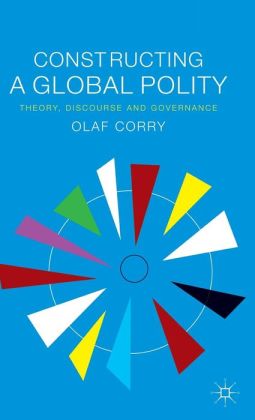
At the beginning of the twenty-first century, it seems that we – the global we – have once and for all moved beyond a simple world of states. In the era of globalization, we can see that international organisations (IOs), multinational corporations (MNCs), non-governmental organisations (NGOs), social movements, and many other transnational actors are not only becoming more and more important in shaping outcomes in world politics but are also participating in constructing new ‘objects of global governance’ such as climate change or international development. But how can we make sense of globalization when it continues to play havoc with prevailing understandings of world politics within the study of International Relations (IR)?
In his new book, Constructing a Global Polity, Olaf Corry argues that existing models of political structure such as ‘anarchy’ and ‘hierarchy’ have a hard time making sense of globalization because they fail to explain how new objects of global governance, such as global justice, are constituted within the global realm. In an attempt to reframe the debate about global politics, Corry proposes a new method of how to study global politics as well as a new model of political structure which he labels ‘polity’.
However, in order to make sense of Corry’s novel approach it is first necessary to briefly sketch out what hierarchical and anarchical models of political structure look like (Corry does this in more detail in chapter 3). Scholars who use anarchical models of political structure in order to explain outcomes in international politics argue that states are the most important units of analysis and to understand their behaviour one has to look at the structure of the international system. For them, the structure of the contemporary system is anarchical since there is no higher authority (or world government) above the state which can enforce law or guarantee for the security of individual states. In this anarchical arena, states have to provide for their own security and they will only cooperate with each other if it is in their ‘national interest’. The anarchical structure of international politics, they argue, is the reason why, when there is so much general agreement in principle on issues like climate change or international development, it is so difficult to make progress in actual practice.
On the other hand, there are many scholars who argue that the structure of the international system is (or should be) hierarchical. There are many different hierarchical models of political structure (world government, empire, liberal hegemony etc.) and explaining all of them would be neither possible nor desirable. Instead, I will concentrate on the work of a group of scholars Corry labels ‘post-internationalists’. Post-internationalists argue that IOs are the most important actors in the era of globalization since states have less and less influence on outcomes in world politics. Their approach is hierarchical because they begin methodologically from a pre-formed conception of a quasi-global state wielding liberal power through a cluster of international institutions.
However, both anarchical and hierarchical models of international politics have problems making sense of the contemporary situation. In this era of globalization, world politics are indeed ‘post-international’ (international relations is not the whole of the story) since IOs (e.g. UN, EU or WTO) and many other non-state actors (e.g. NGOs, social movements or transnational terrorist groups) play a crucial role in shaping outcomes. On the other hand, however, the international level still continues to exert enormous ‘causal weight’, to use Kenneth Waltz’s apt term. Furthermore, states and all sorts of non-state actors already work on global issues such as climate change, world poverty, nuclear proliferation, global terrorism, the responsibility to protect, and so on, in a world ‘out there’. How can we – the disciplinary we – make sense of this situation?
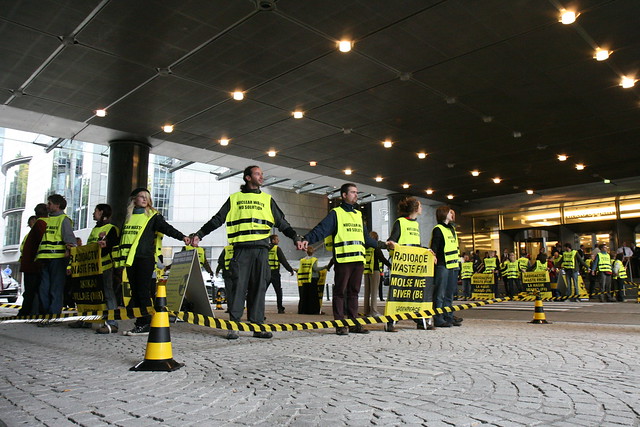
In an attempt to escape the anarchy-hierarchy dichotomy, Corry, by drawing innovatively on the works of Michel Foucault (especially his later writings on ‘governmentality’) and Kenneth Waltz (esp. his ‘theory of theory’), proposes a ‘polity-model’ of political structure which takes the formation of global governance objects as its starting point. Global governance objects, Corry argues, are constructed by actors and agents of all sorts by problematizing certain issues such as climate change or global terrorism and claiming not only that they are governable but also how they should be governed on a global scale. Therefore, Corry claims, analysts of global politics should start “methodologically by addressing a particular instance in which governing is called into question – a ‘problematization’ in which actors and agents of all sorts must pose the question of how to govern” (p. 60).
However, Corry not only offers a new method of how to study global politics but also a new model of political structure which he labels ‘polity’. “A polity”, Corry argues, “is constituted not by the presence or absence of hierarchy between [actors] but by their orientation towards a common governance object… The structure of a polity is thus predicated in the first instance on the object of governance rather than how the subjects are arranged” (p. 85). In this sense, we could speak of the EU as an already established polity (an ‘EU-polity’ so to say) since it organizes the political practices of subjects (EU member states) which are orienting themselves towards a common governance object (Europe). What we are now experiencing as globalization, Corry argues, might be a ‘global polity’ under construction since all sorts of agents and actors are organizing themselves towards new global governance objects and discussing on a global scale whether and how to govern them. This continuing global discourse might sooner or later lead to the establishment of a global polity in which interaction between actors is characterized neither by anarchy nor hierarchy.
No brief summary can adequately convey the richness and nuances of Corry’s arguments, but if there is one important thing to be learned from Constructing a Global Polity, it is that IR needs more and not less grand theorizing in order to make sense of an ever-changing world. However, since it is a theory-loaded book and requires at least some basic knowledge of IR theories, I would recommend it only to advanced students who have a special interest in IR theory. In the current special issue of the European Journal of International Relations a group of prominent IR scholars asks whether we have reached ‘The End of International Relations Theory?’. Corry’s book clearly demonstrates that IR theory is not dead, it is well and alive.
—————————————————-
Ali Diskaya is a PhD Candidate in the Department of International Relations and European Studies at Central European University, Budapest. He holds a B.A. In English Language and Literature and Political Science from the University of Bremen and an MSc(Econ) in International Relations from Aberystwyth University. His research interests include International Relations Theory; Critical Security Studies; Energy Security; International Nuclear History; and Nuclear Proliferation and Disarmament. Read more reviews by Ali.



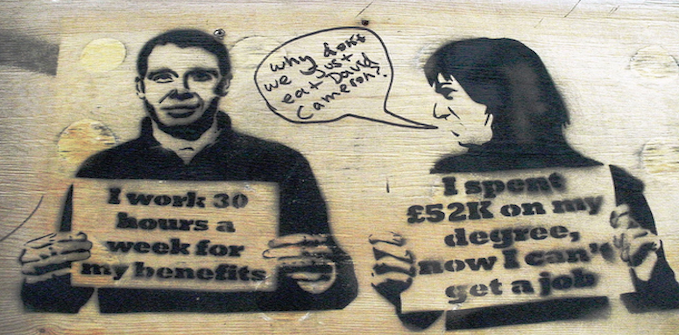
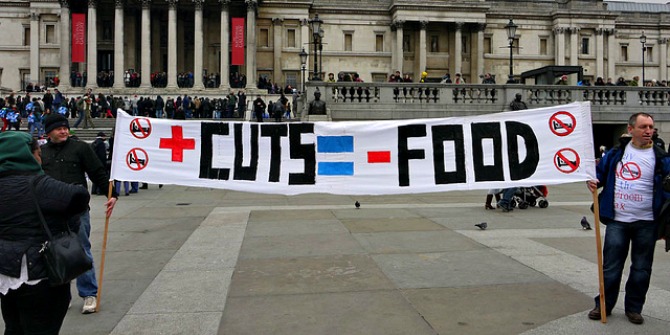

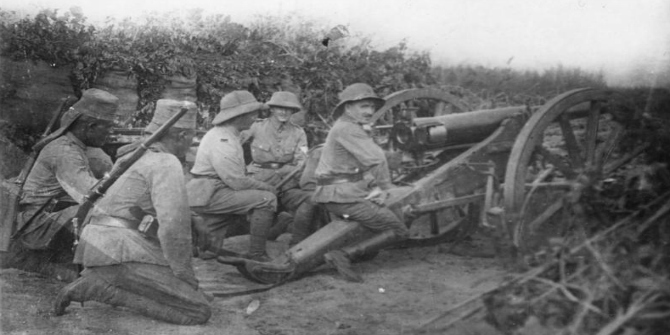

1 Comments